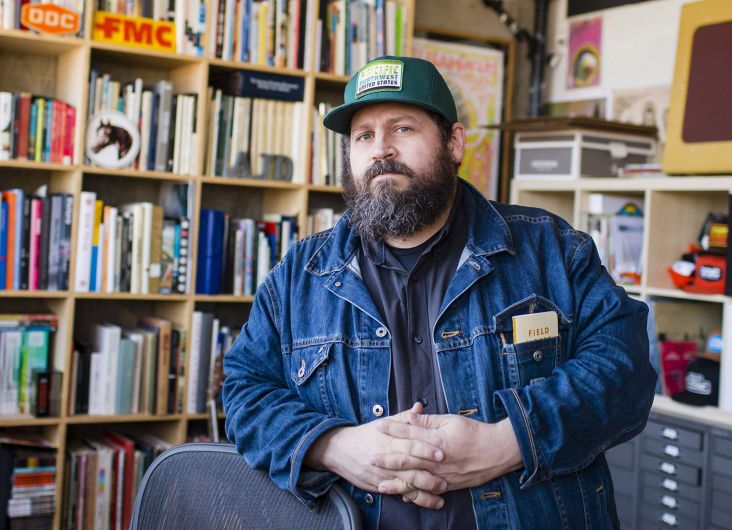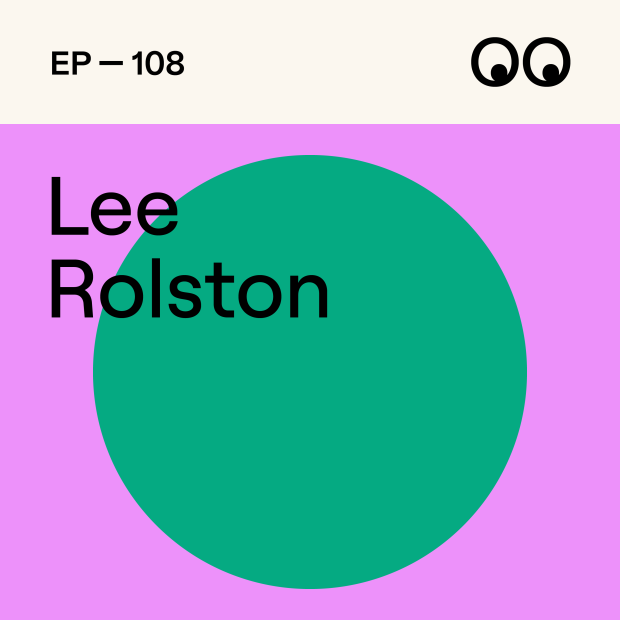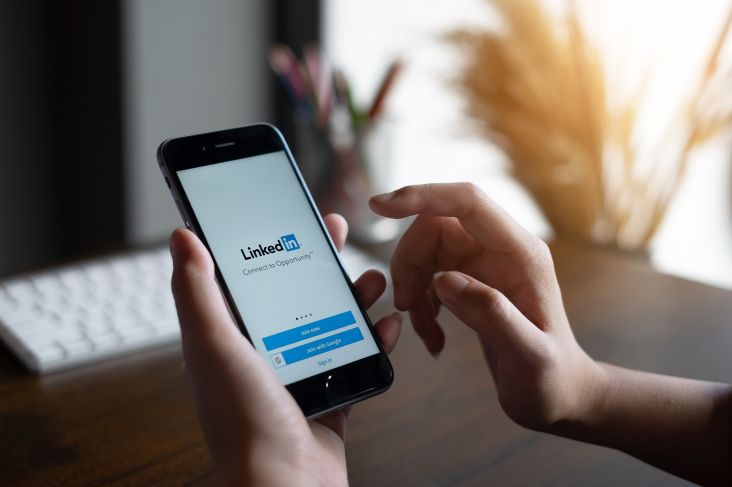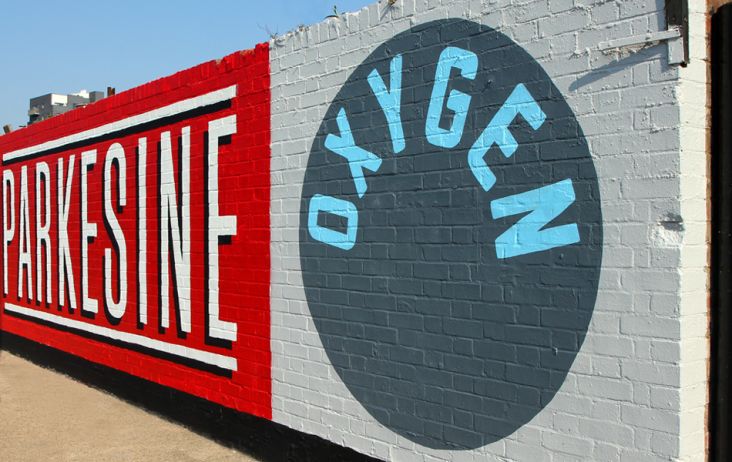How to sell yourself when your business is small
When it comes to business, there will always be people seemingly bigger and better than you — those who have 'posh' offices with great clients and an army of talented people.

Image licensed via Adobe Stock
You, on the other hand, are working from home and just calling upon freelancers as and when you need them. You've not yet worked with any 'big' brands, but you've got enough skills and experience under your belt to cope with more challenging clients.
And big doesn't always mean better. It's possible to compete with larger agencies – it's just a case of knowing how to sell yourself. So how do you convince bigger brands to work with you when your business is so small? Here are some tips.
Be proud to be small
There has never been a better time for freelancers or small studios to win large contracts, no matter where they are in the world. The global recession has made every brand and business tighten their belts, and this means they're looking for cheaper services. While new technology has made it possible for smaller firms to compete. It's why there has been such a creative industry boom over the past ten years.
Take advantage of this general feeling by being proud of the size of your business. 'Small is the new big', as Seth Godin famously said. And the people behind 37Signals will tell you the same thing.
There is nothing wrong with being 'small' and now is the perfect time to exploit your position. During that first meeting with a potential client, make it clear that you're small and perfectly formed – explain how big doesn't necessarily mean better and that you're more than capable of providing the same reliable services as larger competitors.
Spell out the overheads
Explain why a larger agency's rates are so much higher than yours. Be honest and say if they want swish offices, all-expenses-paid treats and posh business lunches, plus an army of staff working on their account – then they'll have to pay for it.
But if they'd instead prefer a more personal service at half the price for the same quality output, they should pick you. Sometimes clients need to be reminded why agency day rates are so much more expensive.
Explain the agency process
Let's face it! Most agencies send in the 'big guns' during those initial pitches, including the directors and senior management team, with the pure intention to impress and win the work. But when it comes down to the actual day-to-day grind, the directors delegate the work to the junior staff. And the junior team (as much as they mean well) don't have the same level of skills.
During your initial meeting, explain how the agency process works and sell yourself by describing how you work, i.e. you're the person they'll initially meet, you're the person who they'll always speak to, and you're the person who'll do the actual work. You'll be surprised how much this will impress people – there's a growing movement towards more 'personal' services.
You have more to prove
Tell the potential client how you'll bend over backwards to make them a success and will care more about their business because it matters more to you than anyone else. Explain how your reputation depends on everything – how your livelihood is your business, so you'll always work ten times harder than any larger agency ever could.
List your skills and experience
As a freelancer or small studio, the potential client will naturally want to know about your skills and expertise. Don't be afraid to list the big brands you've worked with (even if you gained that experience while being employed by someone else) and the skills you've developed over the years. If you can use examples of similar businesses you've worked with, then do so.
Show your flexibility
Most larger agencies will insist upon lengthy fixed-term contracts with minimum retainer fees. It will put off many clients. Take advantage of this by offering pure flexibility, i.e. no fixed-term contract and no commitment or obligation. Explain how the client is welcome to 'pick you up, or put you down' whenever they like. It will be very lucrative, given current economic feeling and it could just be the icing on the cake.
Demonstrate your passion
Nothing gets a client more excited than another business getting passionate about them – so show some serious love for their success and make yourself become part of their team before they've even hired you.
For example, during that initial meeting say how you're excited to be considered for the work, how you can see the business progressing and how you've got some exciting ideas to help them move forward. If appropriate, use 'we' and 'us' to immerse yourself in their team. They'll be impressed with your eager attitude.
Offer a trial period
Finally, if your potential client is still not convinced, offer a trial, discounted period to prove yourself. Say 'try me out for three months and see how we go! If you're not happy with my services by then, you can go elsewhere', or something along those lines. Knowing that they won't be tied down by lengthy contracts will lessen their risk and give you a fighting chance against those bigger agencies.






















